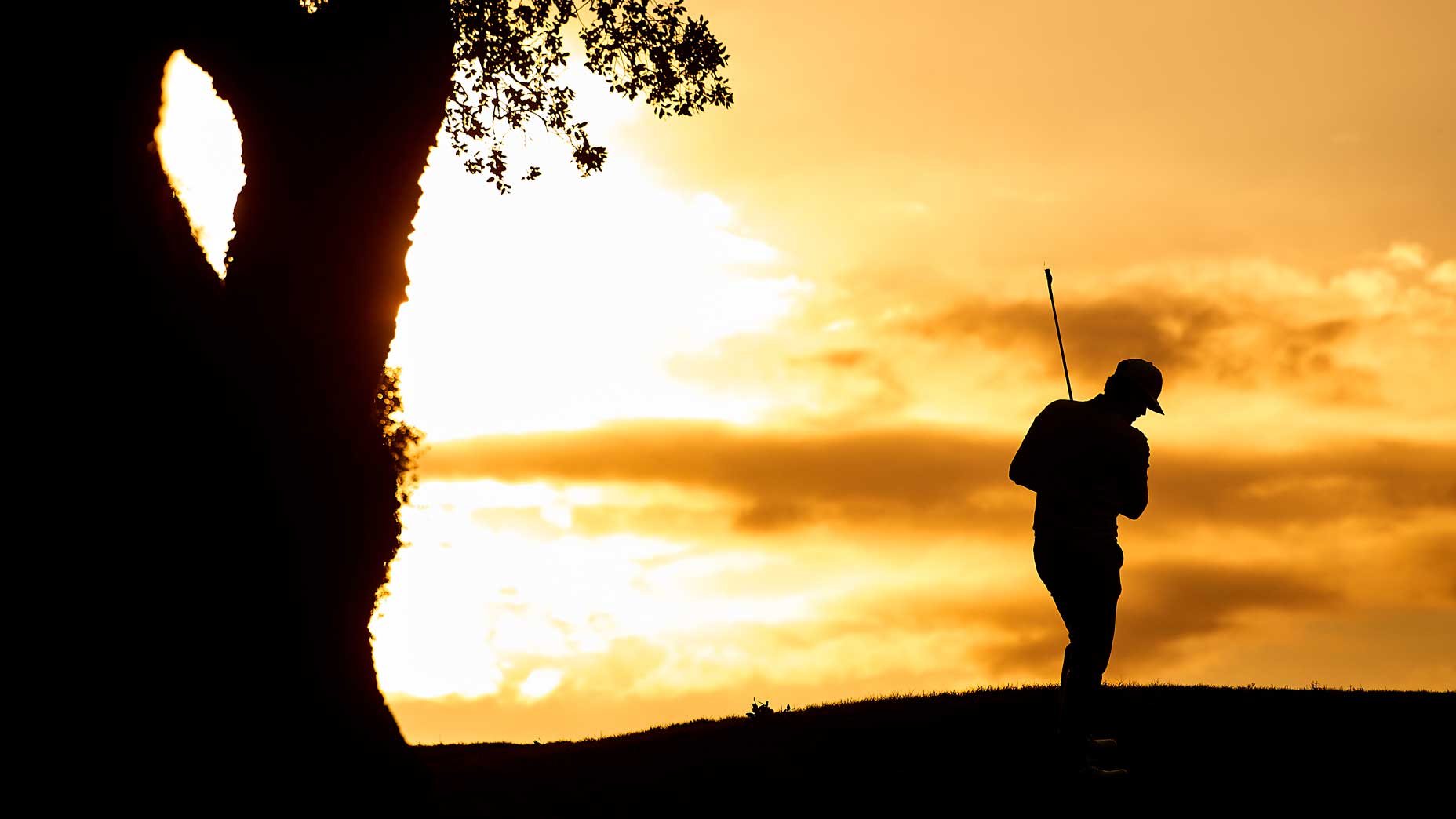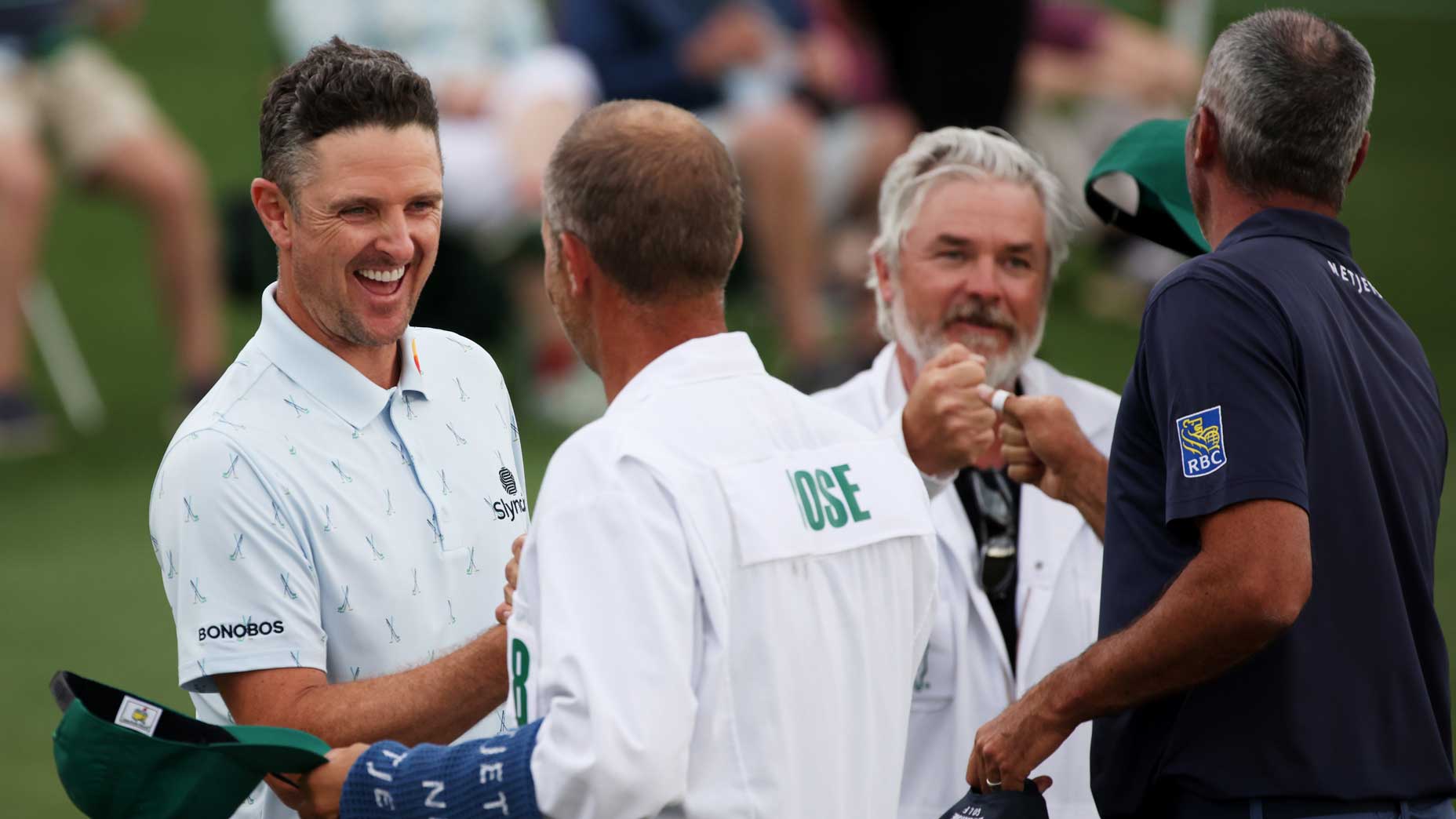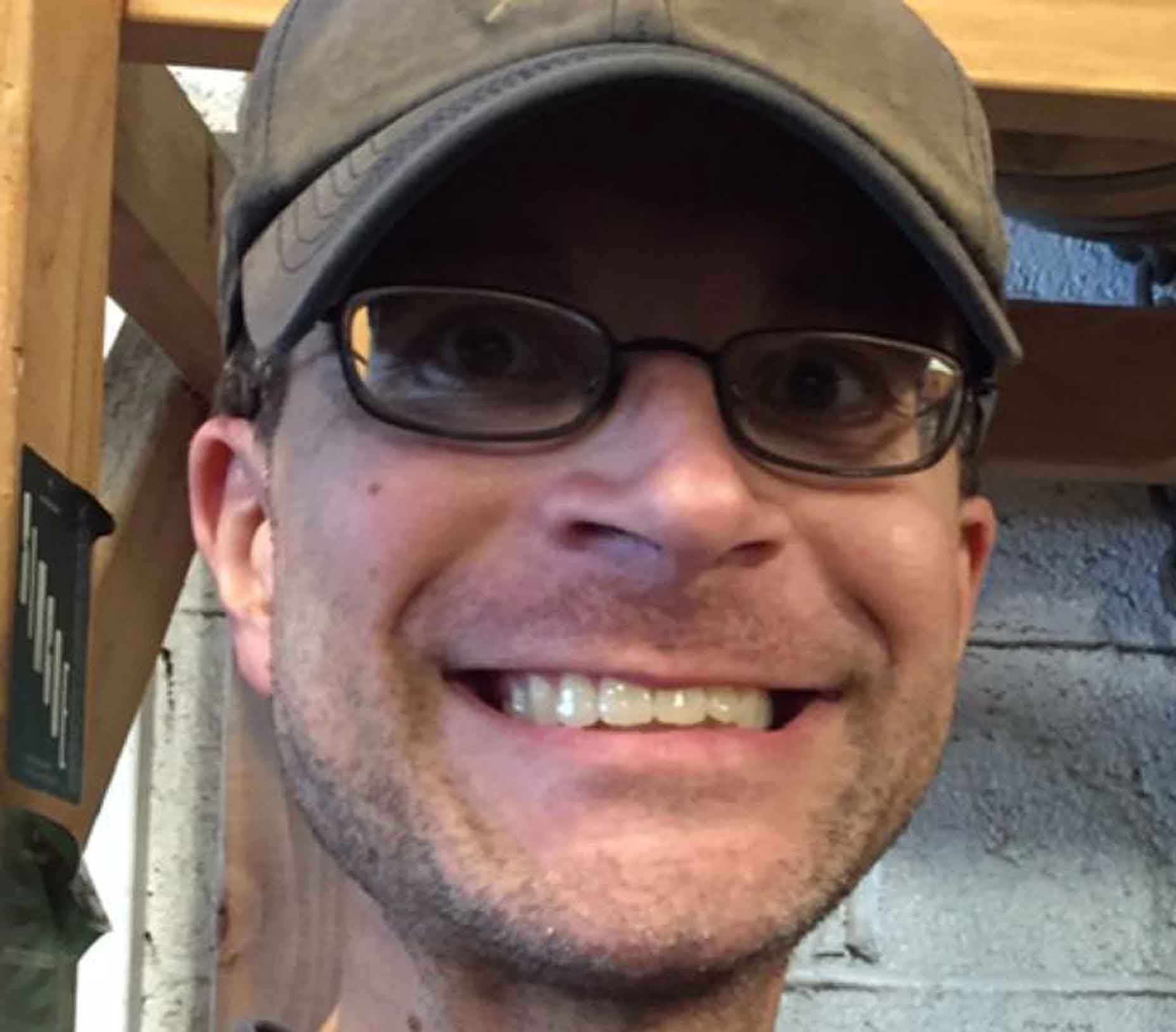Why it’s so painfully hard to play two straight good rounds, according to the pros
- Share on Facebook
- Share on Twitter
- Share by Email

The pros have their theories as to why it can be maddeningly difficult to play two straight good rounds.
Getty Images
Stewart Cink shot a nine-under 63 during last week’s first round of the RBC Heritage, and then the most bizarre thing happened.
He shot another 63.
It was an anomaly. One low round doesn’t deserve another. No doubt, there have been players who have gone low and stayed there. But for the majority of pros and Joes and Janes, regression to the mean eventually happens — CBS, in fact, reported last week that since 1983, 680 players on the PGA Tour have shot 63 or better, and only 11 matched or bettered it the next day.
Cameron Smith, a winner this week at the Zurich Classic, was a recent victim. Last Thursday at the RBC, he made nine birdies and no bogies and shot a career-low 62. Friday? An even-par 71. At the Masters two weeks ago, Justin Rose roared to a seven-under 65 in the first round. He made seven birdies and an eagle. The rest of the week? Two 72s and a 74. Eleven total birdies and no eagles.
What gives? The course is basically the same, with only pins and tee boxes moving. The player should be the same. On the extreme end, the pros won’t go much longer than 24 hours from the 18th hole of the low round to the 1st hole of the next one. The weather could play a factor, and certainly it would if the wind picks up by 20 mph, but for the most part, if it’s a July summer day one day, it will be a July summer day the next day.

“You’re right, it is hard,” Rose said. “We haven’t quite figured out that dynamic; otherwise, we’d do a better job that second day.”
Players were recently asked for their theories. In short, golf happens.
‘Golf is not friendly’
“For the most part whenever somebody shoots a really, really low score, you’re going to have to have good breaks to go low, and sometimes golf is not friendly, and it can turn on you real quick. You may hit a great shot that’s just going right at the flag, and the wind turns or something happens, and albeit you hit a perfect shot for the conditions at hand, it just didn’t go next to the hole that time. And then there are times where you mis-hit a shot and it ends up right next to the hole.” — Bryson DeChambeau
‘You don’t see guys have 60-point games of basketball back-to-back nights’
“It’s hard to play that well two days in a row. You know, it’s the same reason you don’t see guys have 60-point games of basketball back-to-back nights. You could probably see it more so in maybe like football or just when the sports are spread out a little bit because you kind of have some time to maybe get back in a rhythm, but it’s like it happened yesterday, and then it’s like all of a sudden everyone’s kind of expecting you to do the same thing.
“And it’s hard for you to not expect it in yourself because you just did it, but in reality, this game is so humbling that you really have to forget about it. All the good that I had today, it’s done with, and I need to go sharpen up everything that I feel like I can, but, yeah, it’s golf. I guess that’s my answer.” — Justin Thomas
And it’s hard for you to not expect it in yourself because you just did it, but in reality, this game is so humbling that you really have to forget about it. Justin Thomas
‘An internal battle’
“I think that’s always a little bit of an internal battle, like oh, man, I just striped this one down the fairway, let’s picture the same shot. But then like the wind is a little different or feel is just a little different, so I think just trying to look at every day as a new day is probably the easiest way to — you almost want to throw out the good and the bad rounds, remember how good things feel, but the super good ones you don’t want to necessarily try and chase, yeah. It’s a good point. It’s a challenge.” — Jordan Spieth
‘A psychological element’
“Yeah, I think many of these courses, in majors especially, it’s going to be easier to play if you got little to lose. You play more free, and you hit better shots. I think when you have a really low round, the next day you probably think to steer the ball a bit more and try to — almost try a little bit too hard. So I think that’s a psychological element to it.” — Francesco Molinari
‘A lot of crazy stuff happens’
“Well, I think a lot of times when you have a super low round out here on the PGA Tour, it’s because like a lot of crazy stuff happens. You hole out from the fairway or maybe you hole a bunker shot or you make some long putts.” — Cink
Latest In Instruction

Nick Piastowski
Golf.com Editor
Nick Piastowski is a Senior Editor at Golf.com and Golf Magazine. In his role, he is responsible for editing, writing and developing stories across the golf space. And when he’s not writing about ways to hit the golf ball farther and straighter, the Milwaukee native is probably playing the game, hitting the ball left, right and short, and drinking a cold beer to wash away his score. You can reach out to him about any of these topics — his stories, his game or his beers — at nick.piastowski@golf.com.
